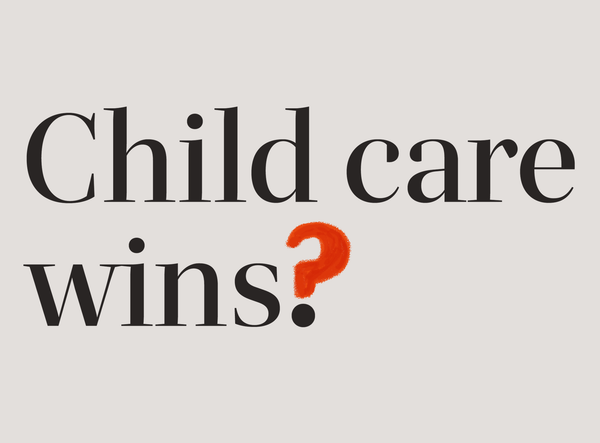When It Comes to Trump, Hope for the Best, Plan for the Worst
When events seem stranger than fiction, we can underestimate the likelihood of them coming to pass.

Over the past decade or so, Donald Trump has done a masterful job of dominating the news cycle. There have been his barefaced lies, his pointed jibes, his braggadocio, his unapologetic misogyny. There was the time he told Americans to drink bleach. And though many have appropriately been surprised, appalled or even flat-out confused by the commentary that’s earned him a national front page or a prominent broadcast segment, many have also been thrilled by the absurdity of it.
We’ve moved into a new media phase now, with reports, day after endless day, of Trump sitting at his trial in a Manhattan courtroom where he’s accused of falsifying business records to cover up payments to the actor, director and porn star, Stormy Daniels. Each day concludes with details about how much time the former president has spent slumping in his chair or glaring at those around him.
Sometimes I find myself guffawing—because the only alternative is to cry—at the sheer outlandishness of the situation. A world in which a former U.S. president faces 34 felony counts; and where debates about whether an incumbent president can pardon himself from prison are not only legitimate, but also necessary.
I’m profoundly concerned about what will happen next. But I’m also profoundly concerned about the theatrics of this media circus. When something so ludicrous is happening that it’s more redolent of fiction than reality, we downplay the likelihood of it reaching its dystopian conclusion. The human body is capable of amazing defense mechanisms. Might we be underestimating the chances of Trump winning a second term because that scenario is simply too uncomfortable to imagine?
It’s happened before. So let us be prepared.





